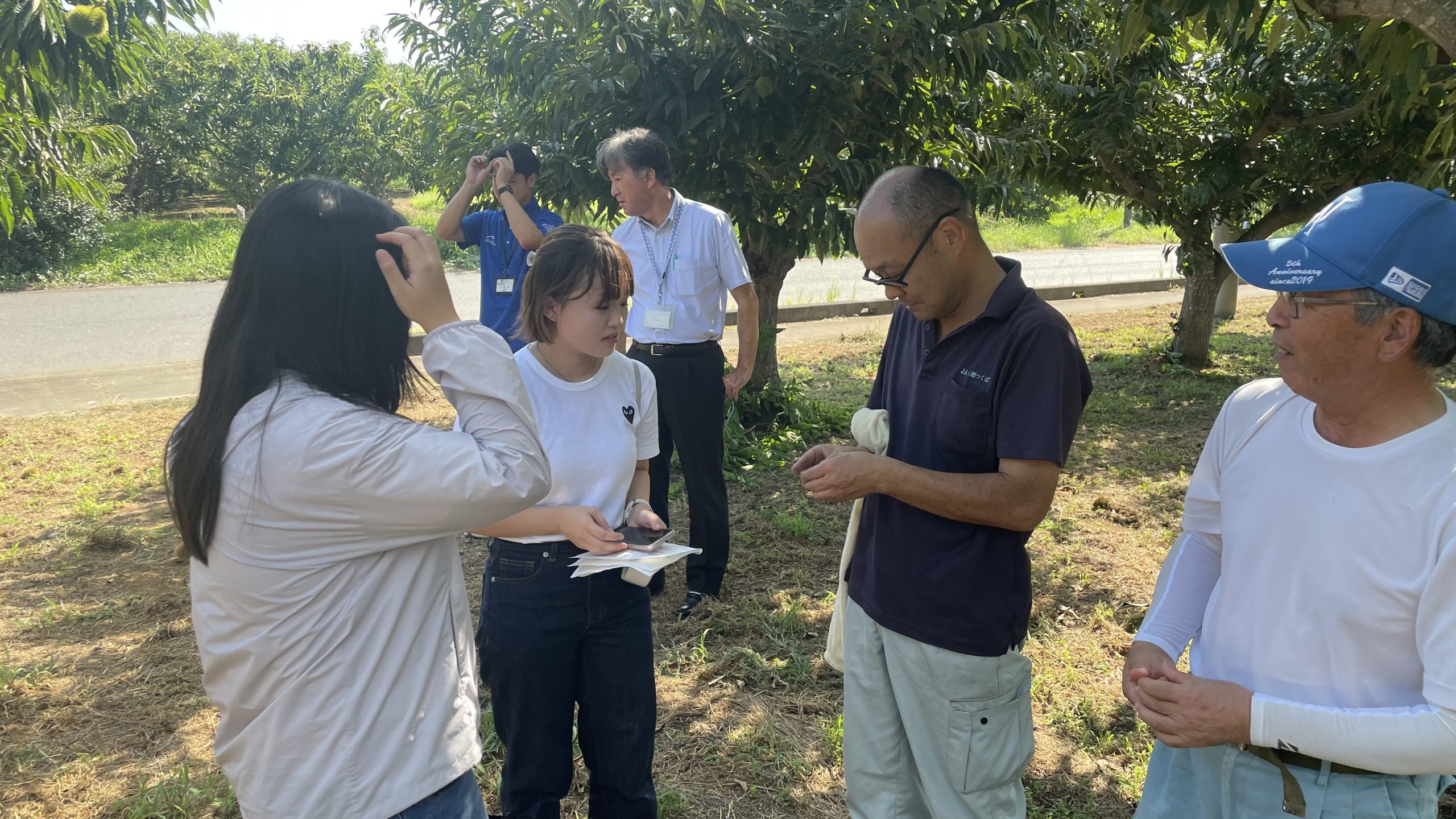2025.8.31
8月25日から30日にかけて、タイのカセサート大学と筑波大学の学生23名が、かすみがうら市と協働で多文化共修プログラムを実施しました。
今回のプログラムでは、かすみがうら市が直面する5つの社会的課題をテーマに設定。学生たちは少人数のグループに分かれて現地を視察し、市役所の方々や地域の皆さんから直接お話を伺いました。
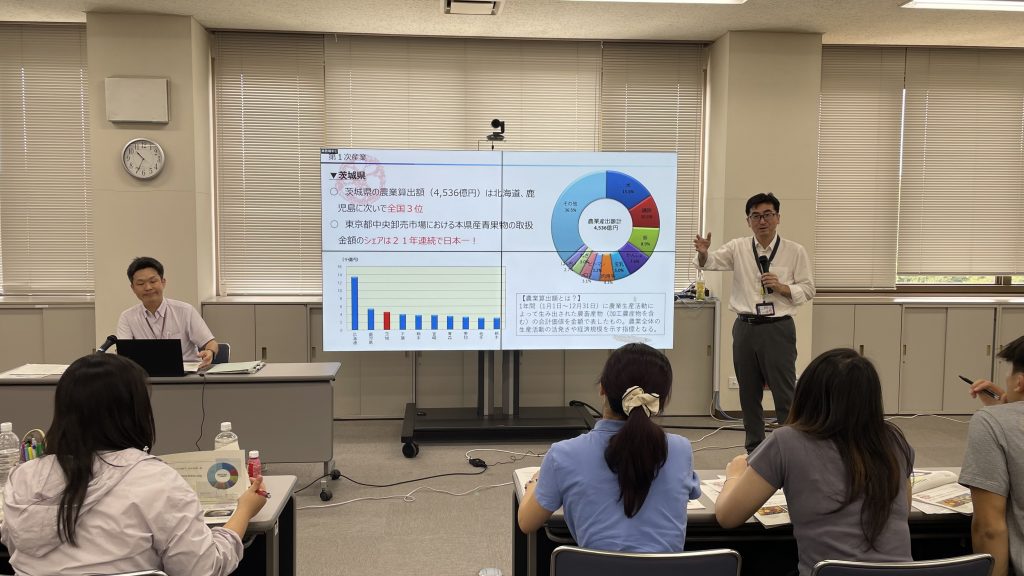
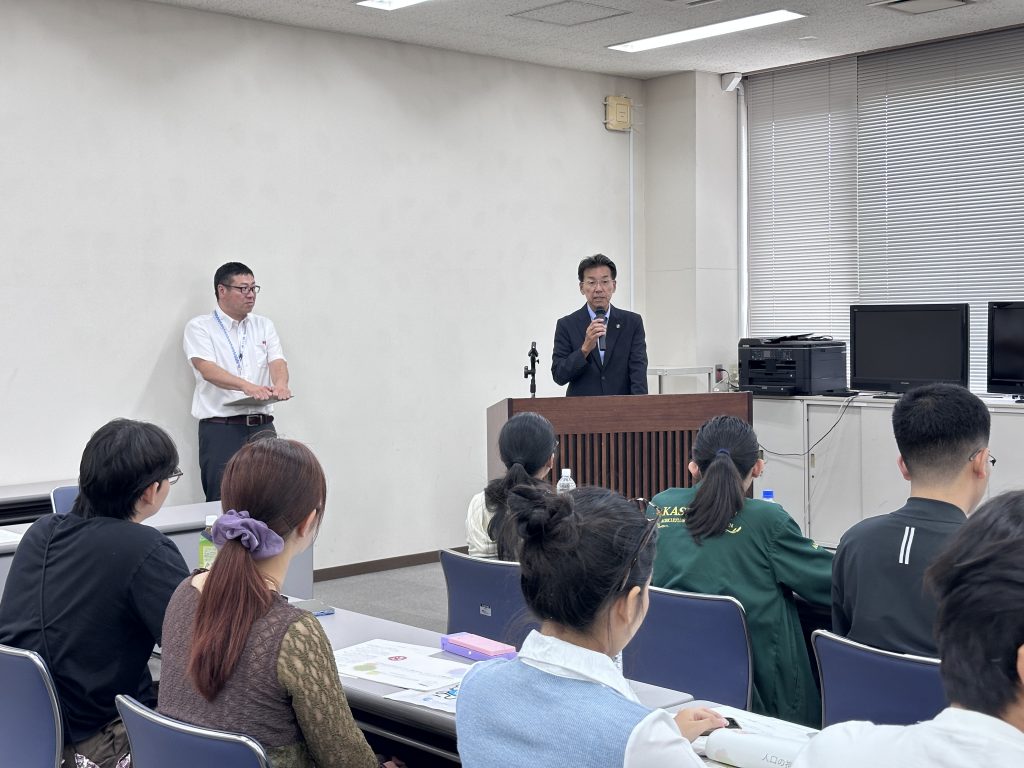
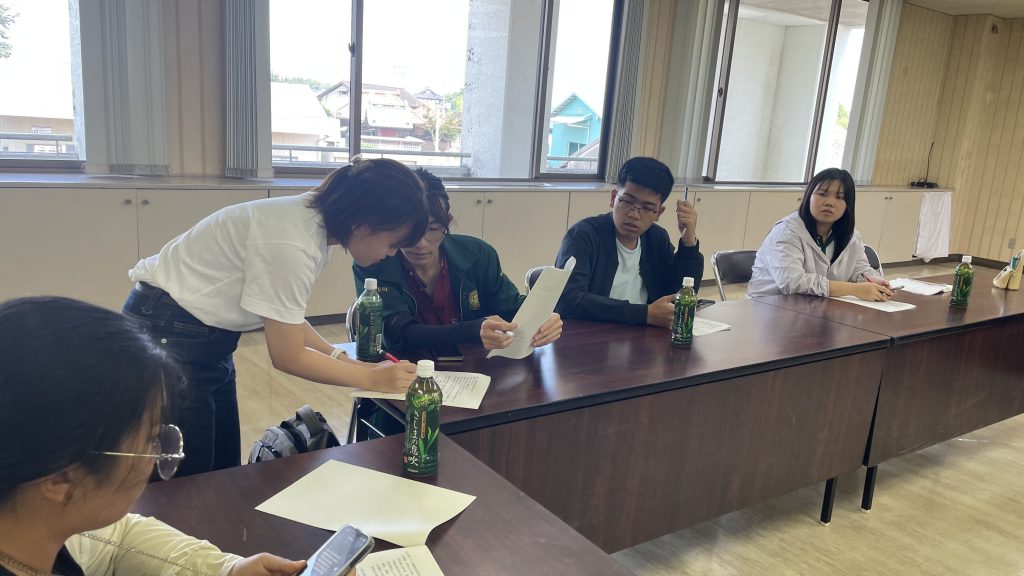
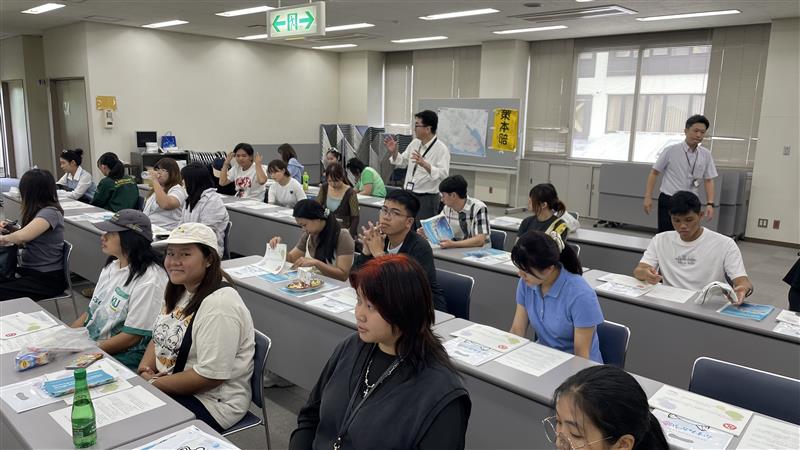
取り上げたテーマは以下の5つです。
- 農産物の国際的なブランド化(農林水産課)
市特産の栗を中心とした農産物のブランド力を高め、地域経済を活性化する方法を考えました。
- 将来を見据えた中心市街地の在り方(都市整備課)
JR神立駅周辺の再開発や人口減少への対応を含め、持続可能なまちづくりの方向性を検討しました。
- グローバル社会で活躍するための新たな英語教育(学校教育課)
英語力向上や外国人指導助手(ALT)の活用などを通じて、地域の子どもたちに必要な英語教育の在り方を考えました。
- 地域と調和した再生可能エネルギーの在り方(環境防災課)
太陽光発電や地元資源の活用をめぐる利点と課題を学び、持続可能なエネルギー活用の方向を探りました。
- 将来を見据えた公共施設の在り方(経営企画課)
少子高齢化や人口減少を見据え、公共施設をどう維持・活用していくかについて議論しました。
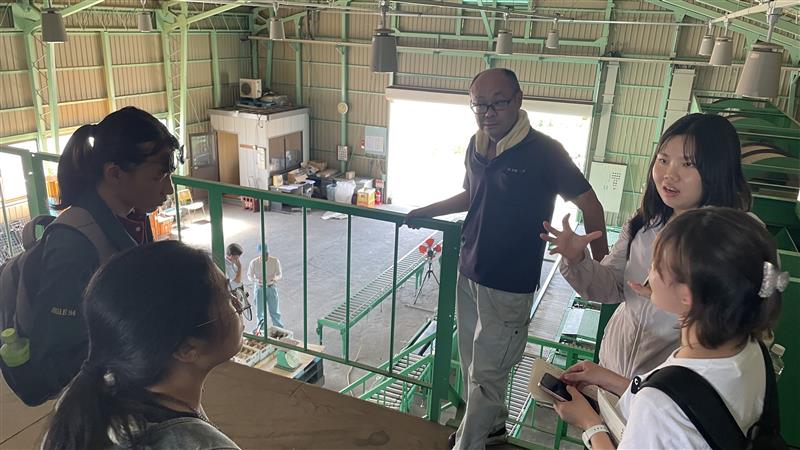
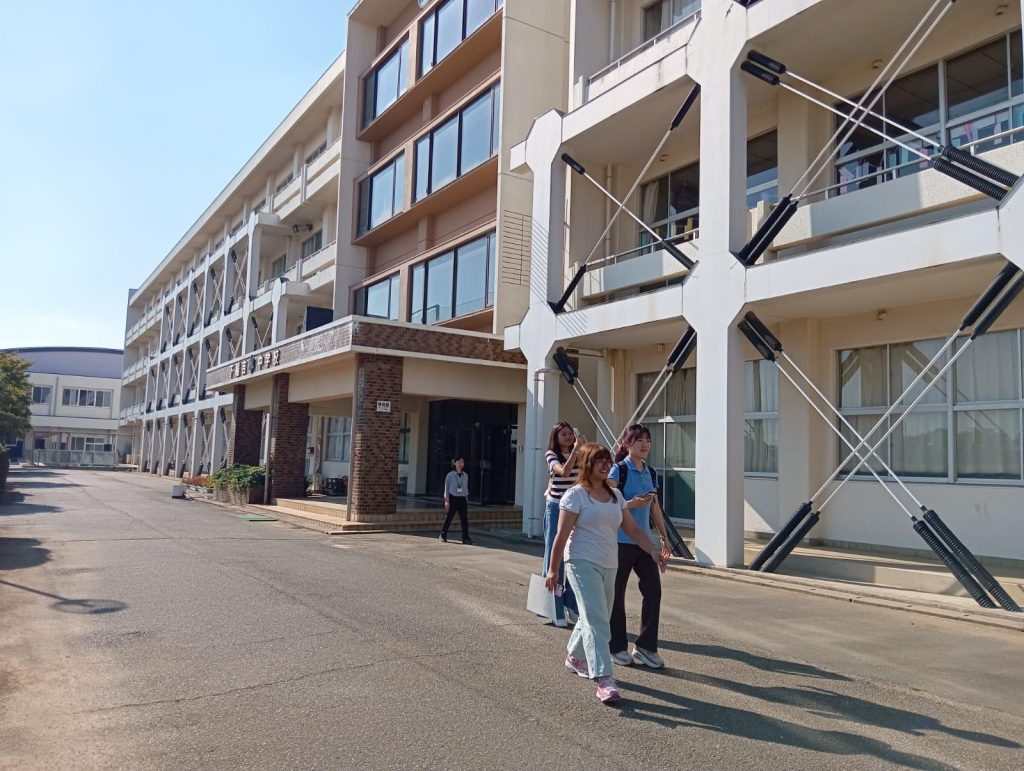
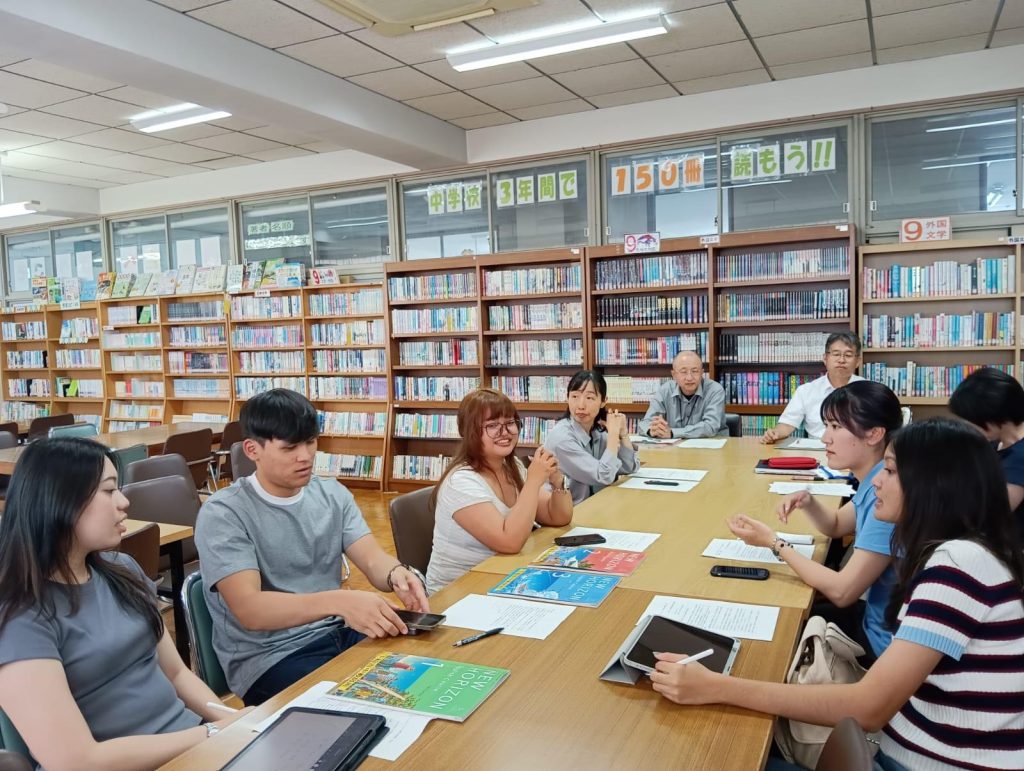
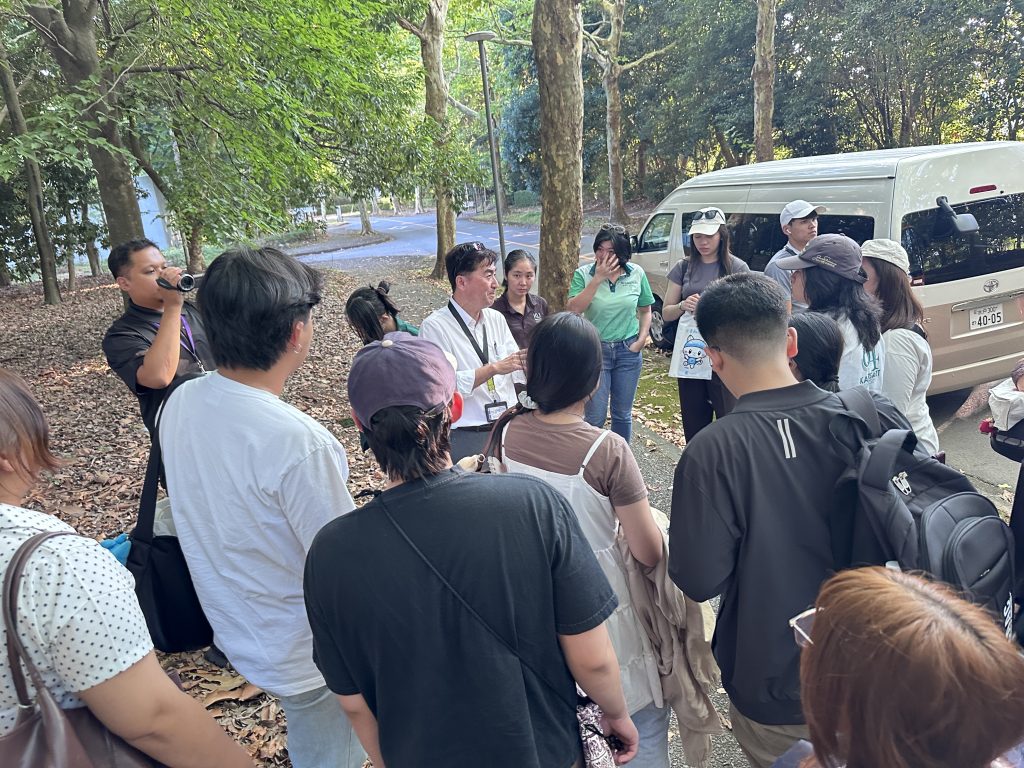
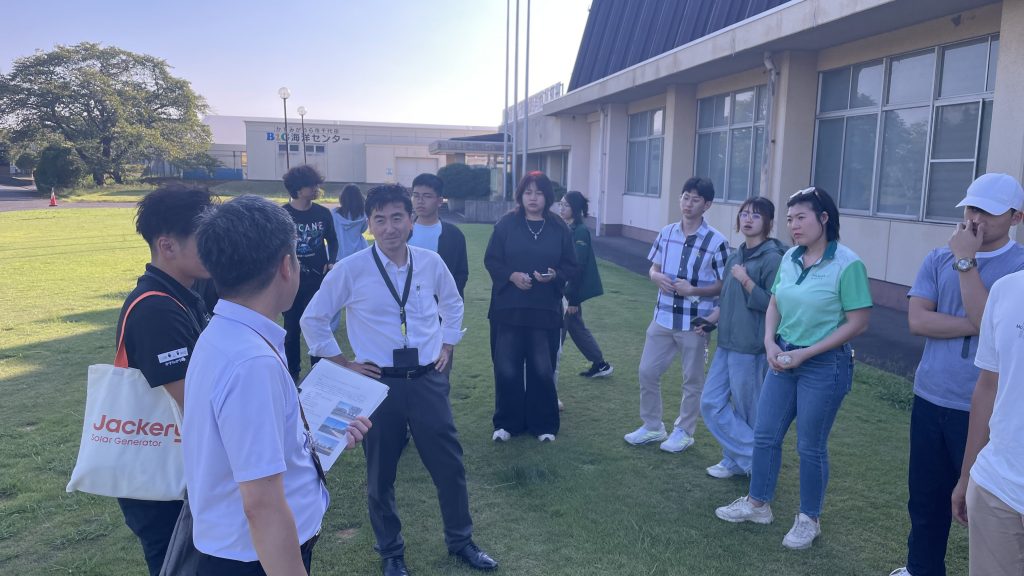
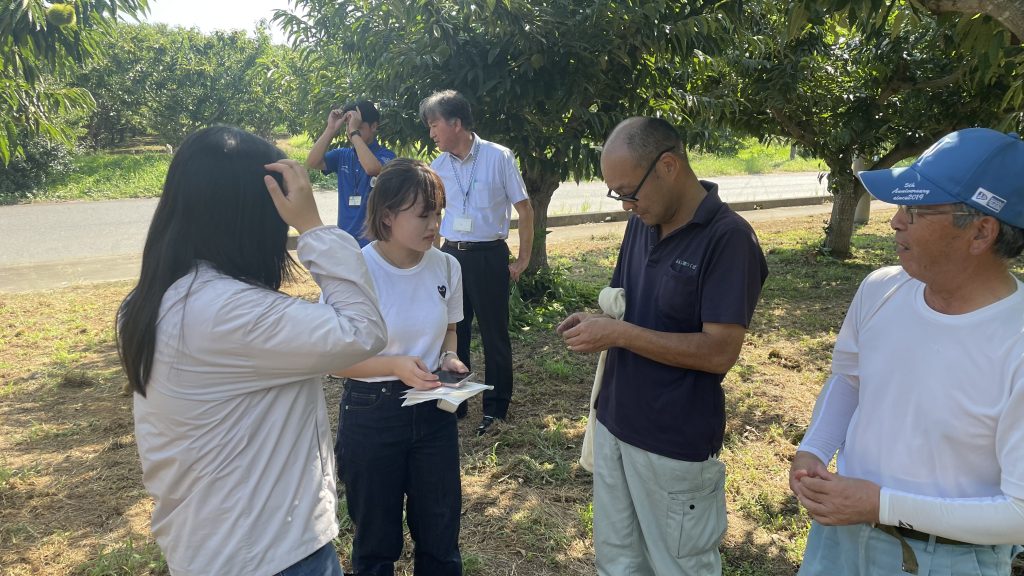
学生たちは国際的な視点と地域の現状を結びつけながら活発に意見を交わし、異なる文化的背景を持つ仲間と共に地域課題に向き合いました。視察で得た学びをもとに、各グループで解決策を提案し共有しました。今回のプログラムは、学生にとって学びの深化となると同時に、地域にとっても新たな視点を得る貴重な機会となりました。
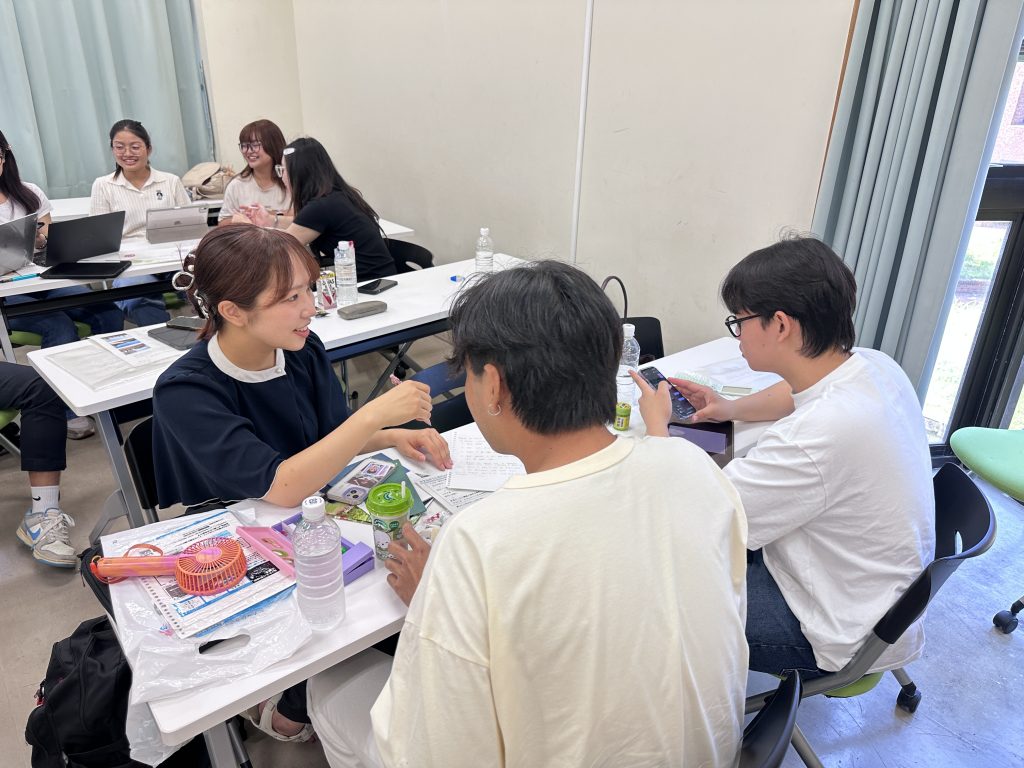
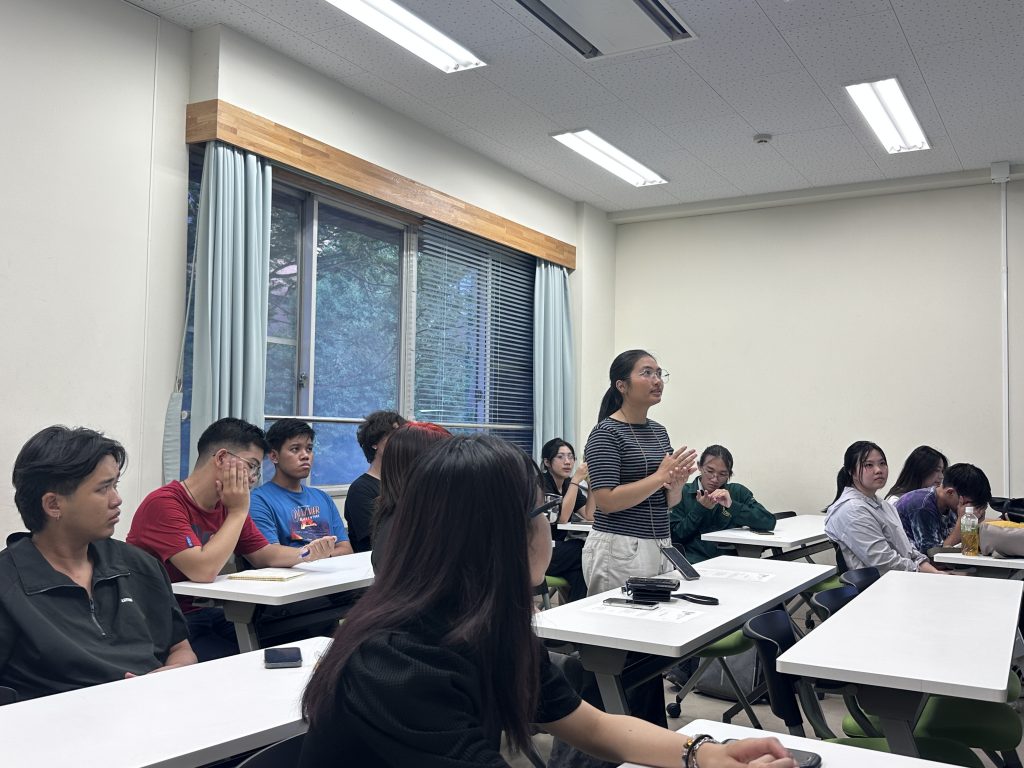
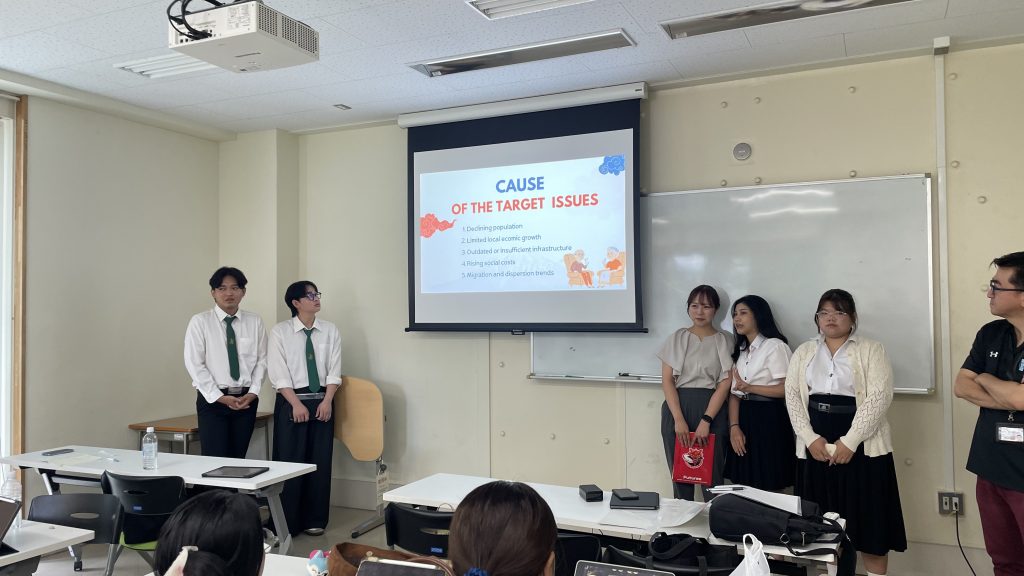
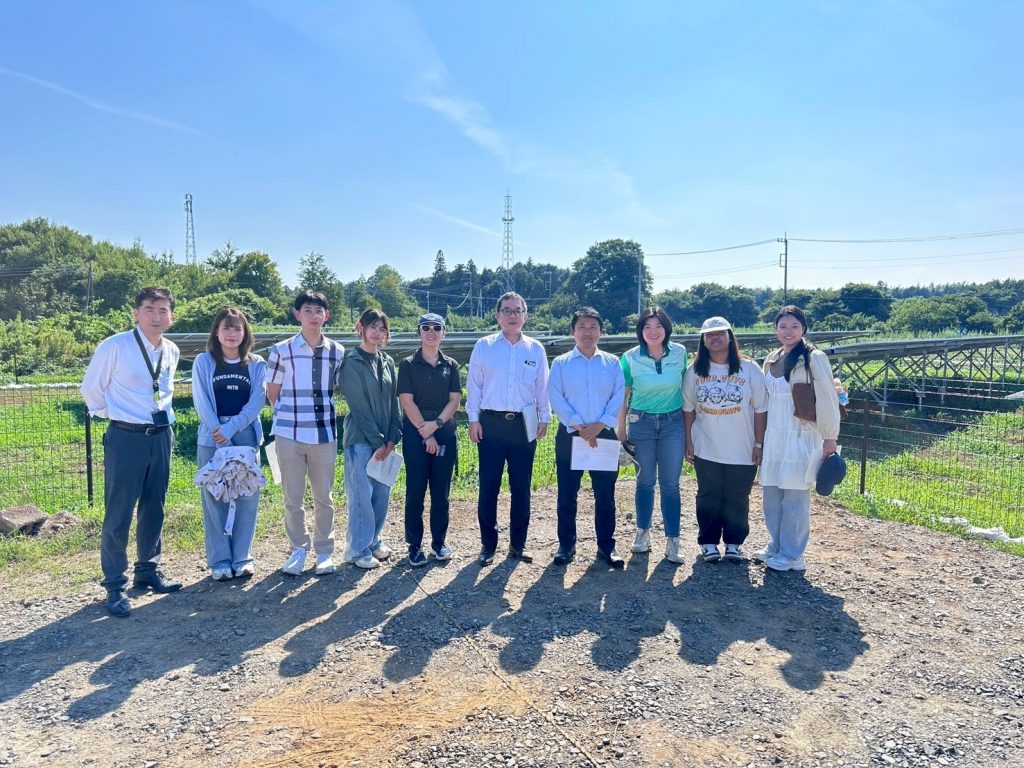
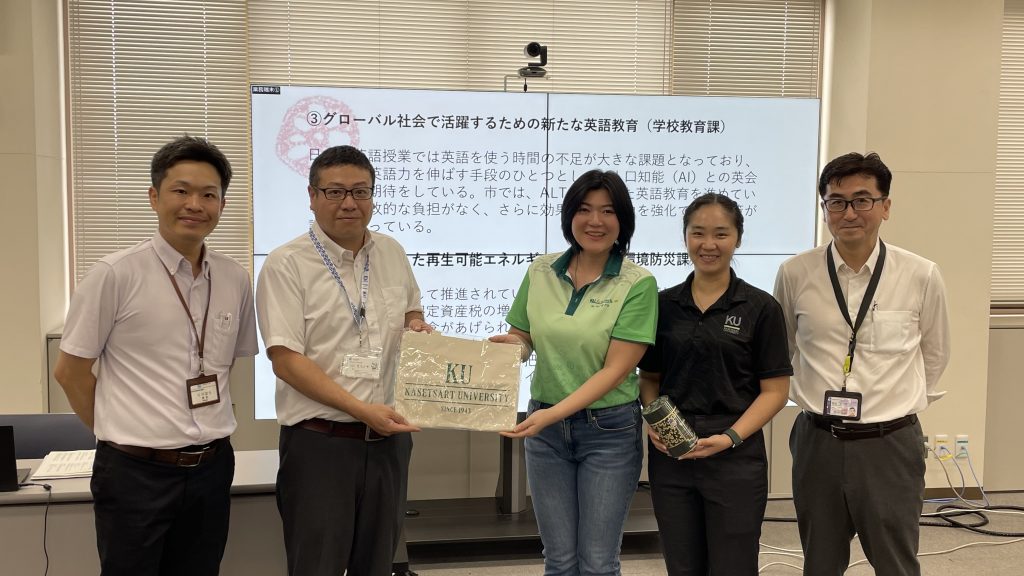
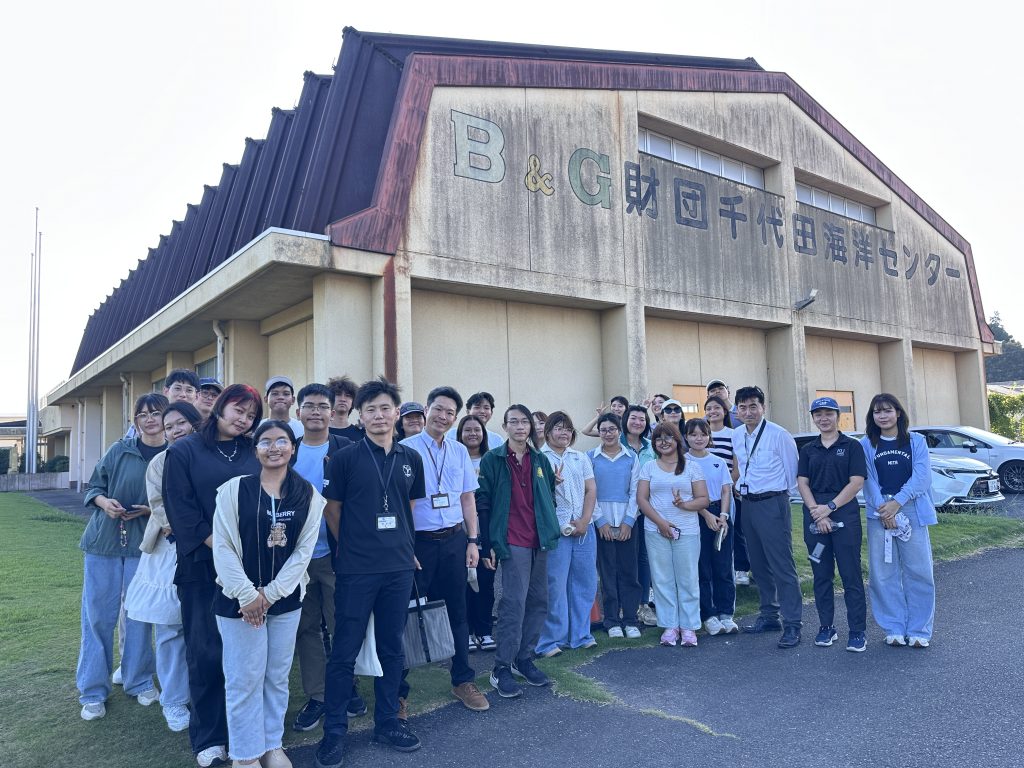
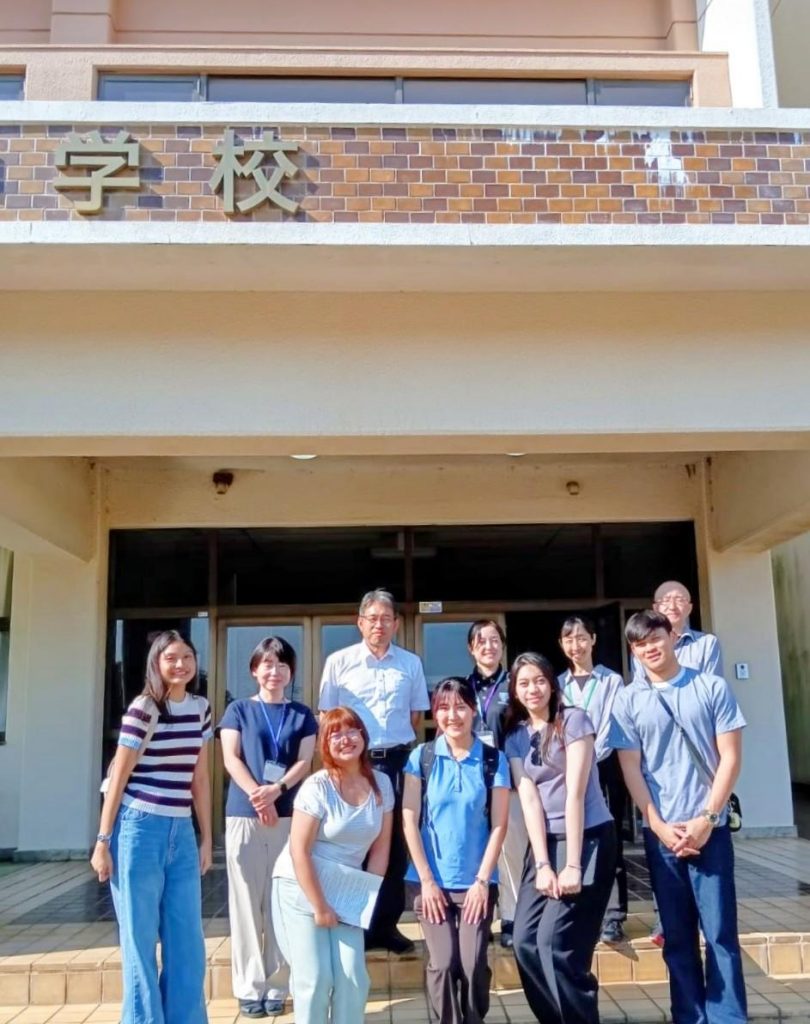
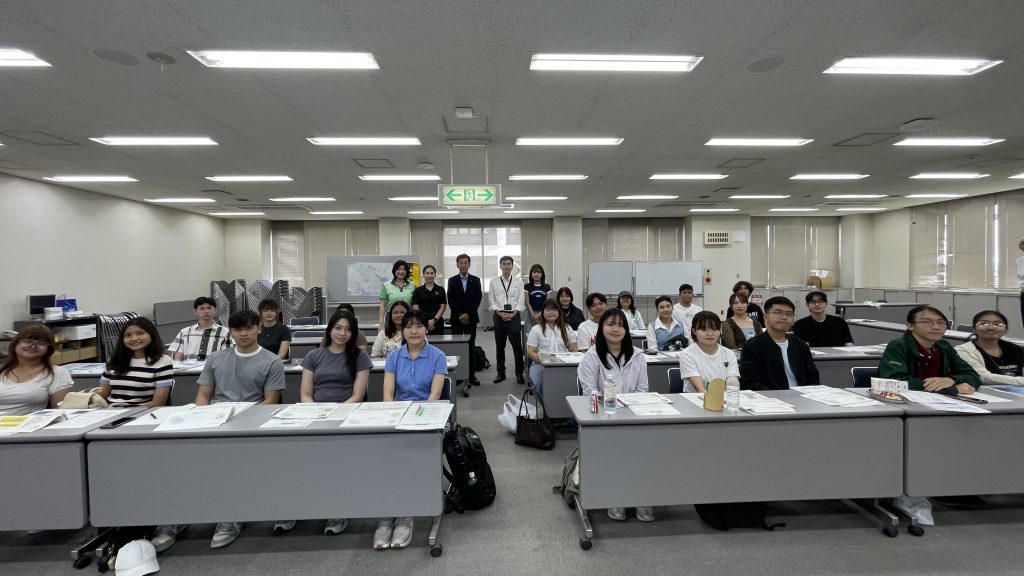
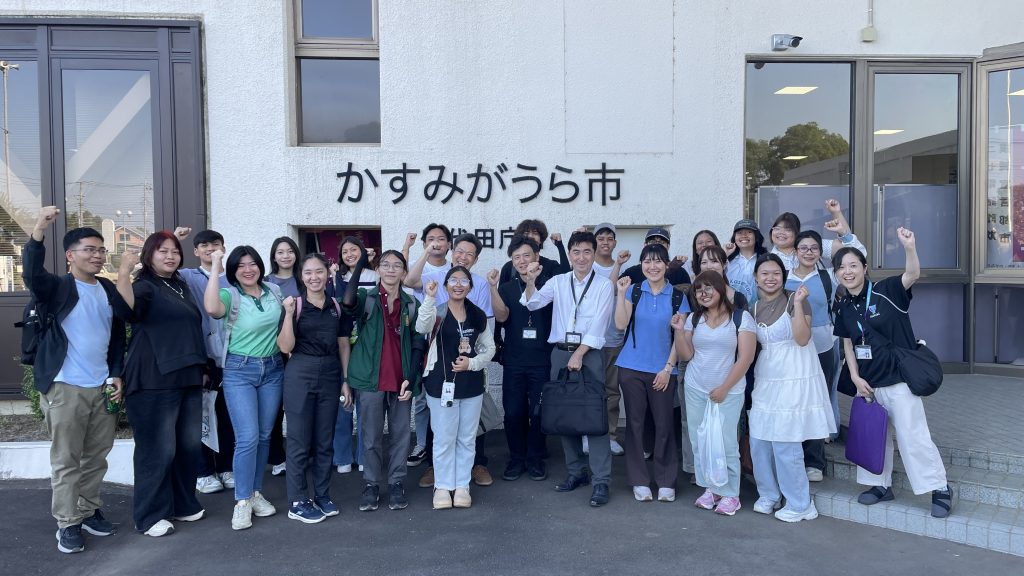
From August 25 to 30, a group of 23 students from Kasetsart University (Thailand) and the University of Tsukuba joined forces with Kasumigaura City to carry out a multicultural learning program.
The program focused on five key social issues faced by the city. Divided into small groups, the students conducted site visits, listened to local officials and community members, and discussed possible approaches from both local and global perspectives.
The five themes were:
- International Branding of Agricultural Products (Department of Agriculture, Forestry, and Fisheries)
Exploring how to strengthen the brand value of local produce—especially pears, a specialty of Kasumigaura—and revitalize the regional economy.
- Future-Oriented Development of the Central City Area (Urban Development Department)
Considering sustainable urban planning around JR Kandatsu Station in the context of population decline and regional revitalization.
- New Approaches to English Education for a Global Society (School Education Department)
Examining how to improve English proficiency through innovative teaching methods, including the effective use of Assistant Language Teachers (ALTs).
- Regional and Sustainable Use of Renewable Energy (Environment and Disaster Prevention Department)
Learning about the potential and challenges of renewable energy sources such as solar power, and how they can be harmonized with the local community.
- Public Facilities for the Future (Planning and Management Department)
Discussing strategies for maintaining and utilizing public facilities in light of an aging and shrinking population.
Through this collaborative program, students with diverse cultural backgrounds exchanged ideas and worked together on real-world challenges. The experience not only deepened their learning but also provided Kasumigaura City with fresh insights and perspectives from the younger generation.

